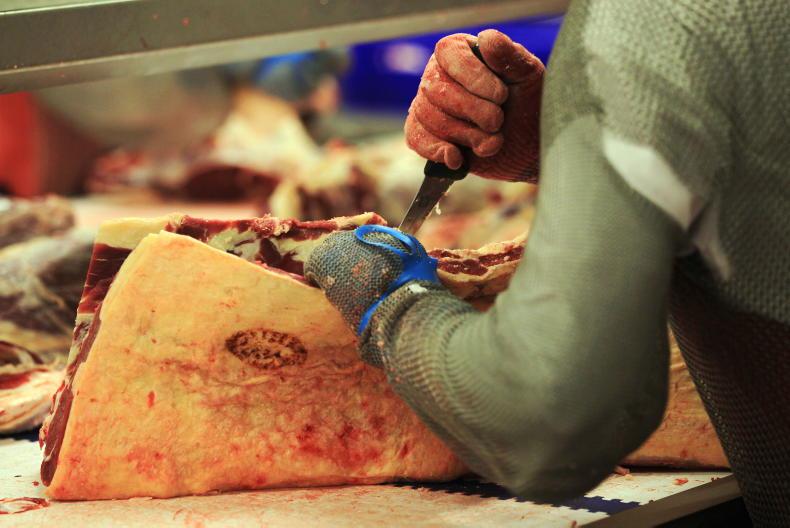The number of employment work permits issued in 2024 hit an all-time high with 38,189 approvals, an increase of 24% on 2023 figures. Agriculture is one of the key industries which relies on work permits to fill labour shortages, with 3,500 granted in the sector last year.
Rising shortages
This rising demand for work permits is driven by an increase in economic activity against a backdrop of full employment. With 2.7 million people in Ireland now at work, many industries are finding it difficult to recruit and retain staff in a tight labour market. Hiring from outside of the European Economic Area helps supplement the workforce in areas of critical skills.
In terms of nationalities, India (13,147), Brazil (4,458), Philippines (3,944), China (1,903) and Pakistan (1,690) were the top five nationalities to be issued employment permits.
Speaking about the number of work permits, Michael McHugh, director of Protential Resources said: “With Ireland at full employment, the workforce has been very tight during 2024. The change in traditional farm structures has resulted in the number of farmers and farm families reducing; through education and other reasons, young people growing up on farms have decided to leave agriculture to work in other sectors.

Michael McHugh is director of Protential Resources.
“With the advent of general and critical skills work permit allocations, Protential Resources has been recruiting people from outside the European Union for the past eight years.
“We see the demand every week from employers who are struggling to recruit suitable skilled staff to work in agriculture, horticulture, engineering, logistics, and food processing sectors. If the option of recruiting from outside the EU was not available to employers, then many of these positions would remain unfilled.”
The number of employment work permits issued in 2024 hit an all-time high with 38,189 approvals, an increase of 24% on 2023 figures. Agriculture is one of the key industries which relies on work permits to fill labour shortages, with 3,500 granted in the sector last year.
Rising shortages
This rising demand for work permits is driven by an increase in economic activity against a backdrop of full employment. With 2.7 million people in Ireland now at work, many industries are finding it difficult to recruit and retain staff in a tight labour market. Hiring from outside of the European Economic Area helps supplement the workforce in areas of critical skills.
In terms of nationalities, India (13,147), Brazil (4,458), Philippines (3,944), China (1,903) and Pakistan (1,690) were the top five nationalities to be issued employment permits.
Speaking about the number of work permits, Michael McHugh, director of Protential Resources said: “With Ireland at full employment, the workforce has been very tight during 2024. The change in traditional farm structures has resulted in the number of farmers and farm families reducing; through education and other reasons, young people growing up on farms have decided to leave agriculture to work in other sectors.

Michael McHugh is director of Protential Resources.
“With the advent of general and critical skills work permit allocations, Protential Resources has been recruiting people from outside the European Union for the past eight years.
“We see the demand every week from employers who are struggling to recruit suitable skilled staff to work in agriculture, horticulture, engineering, logistics, and food processing sectors. If the option of recruiting from outside the EU was not available to employers, then many of these positions would remain unfilled.”










SHARING OPTIONS